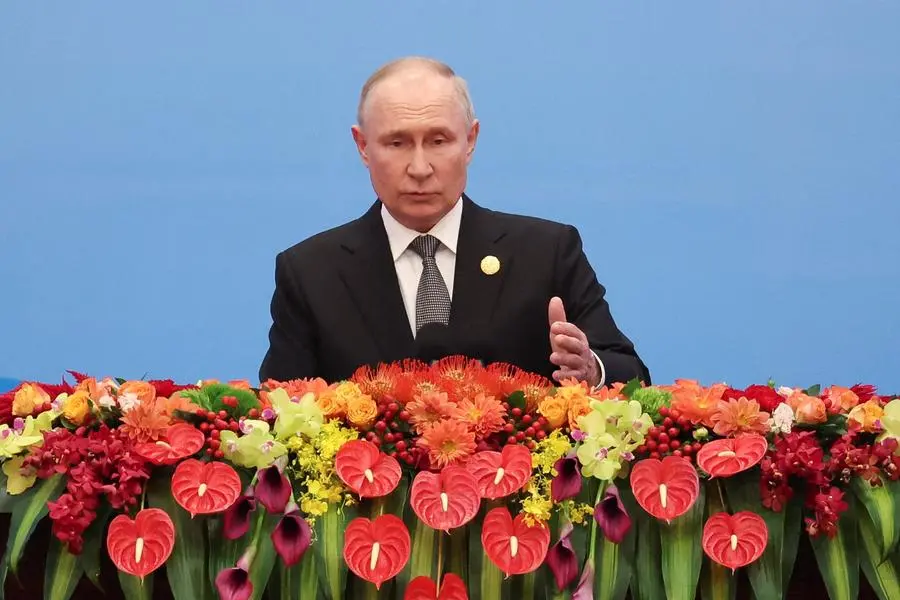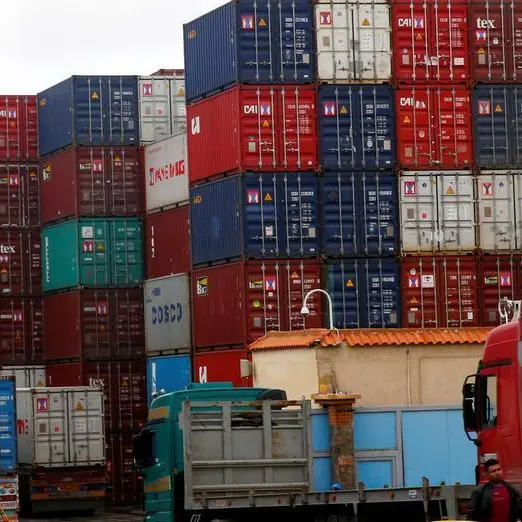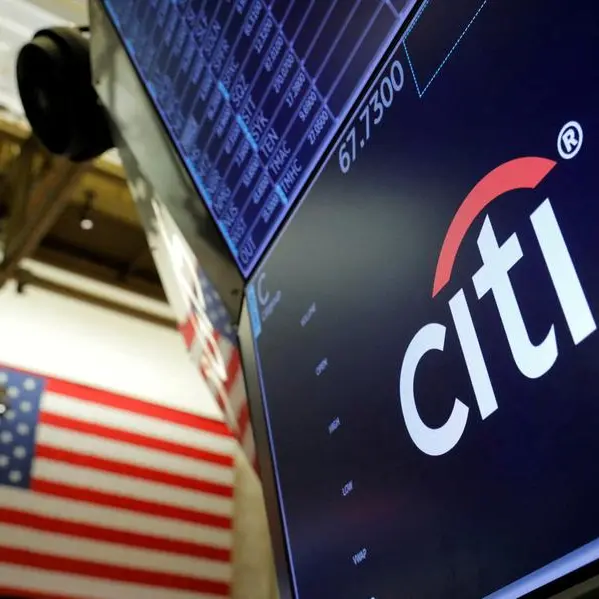PHOTO
MOSCOW - President Vladimir Putin on Friday warned that the West should not be allowed to develop a monopoly in the sphere of artificial intelligence (AI), and said that a much more ambitious Russian strategy for the development of AI would be approved shortly.
China and the United States are leading the development of AI, which many researchers and global leaders think will transform the world and revolutionise society in a way similar to the introduction of computers in the 20th century.
Moscow has ambitions to be an AI power too, but its efforts have been set back due to the war in Ukraine which prompted many talented specialists to leave Russia and triggered Western sanctions that have hindered the country's high-tech imports.
Speaking to an AI conference in Moscow beside Sberbank CEO German Gref, Putin said that trying to ban AI was impossible despite the sometimes troubling ethical and social consequences of new technologies.
"You cannot ban something - if we ban it then it will develop somewhere else and we will fall behind," Putin said of AI, though he said ethical questions should be resolved with reference to "traditional" Russian culture.
Putin cautioned that some Western online search systems and generative models ignored or even cancelled Russian language and culture. Such Western algorithms, he said, essentially thought Russia did not exist.
"Of course, the monopoly and domination of such systems, such alien systems is unacceptable and dangerous," he said.
China and the United States are far ahead of other countries when it comes to AI research, according to most rankings, though a second tier of European countries as well as India, Russia, Israel, South Korea and Japan also figure in the rankings.
For Russia, though, the war in Ukraine and efforts to mobilise combatants triggered an outflow of large numbers of educated Russians while Western sanctions have cut international cooperation with AI powerhouses in the West.
"In all spheres of our life, humanity is beginning a new chapter of its existence," Putin said of AI, adding that Russia needed to up its game on AI both in ambitions and execution.
"In the very near future, as one of the first steps, a presidential decree will be signed and a new version of the national strategy for the development of artificial intelligence will be approved," Putin told the conference.
Putin said the new strategy would make significant changes, including "expanding fundamental and applied research in the field of generative artificial intelligence and large language models".
Russian researchers, he said, should be given better access to supercomputers - which he said needed to be boosted by orders of magnitude - while top level Russian scientific education about AI needed to be improved.
Russia, he said, would have to change laws, boost international cooperation, and ensure much more investment for the development of AI.
Putin hailed Sberbank and Yandex for developing their own generative AI and language models - which he said needed to be developed further and applied to sectors of the economy.
Gref is transforming Sberbank, once known as a staid former Soviet savings bank where people queued for hours to pay bills, overseeing investments in AI, cloud services, big data and smart devices. He told Putin in June that Sberbank was making around $3 billion annually from $1 billion in AI investments.
(Reporting by Guy Faulconbridge, Editing by Gareth Jones and Mark Potter)





















